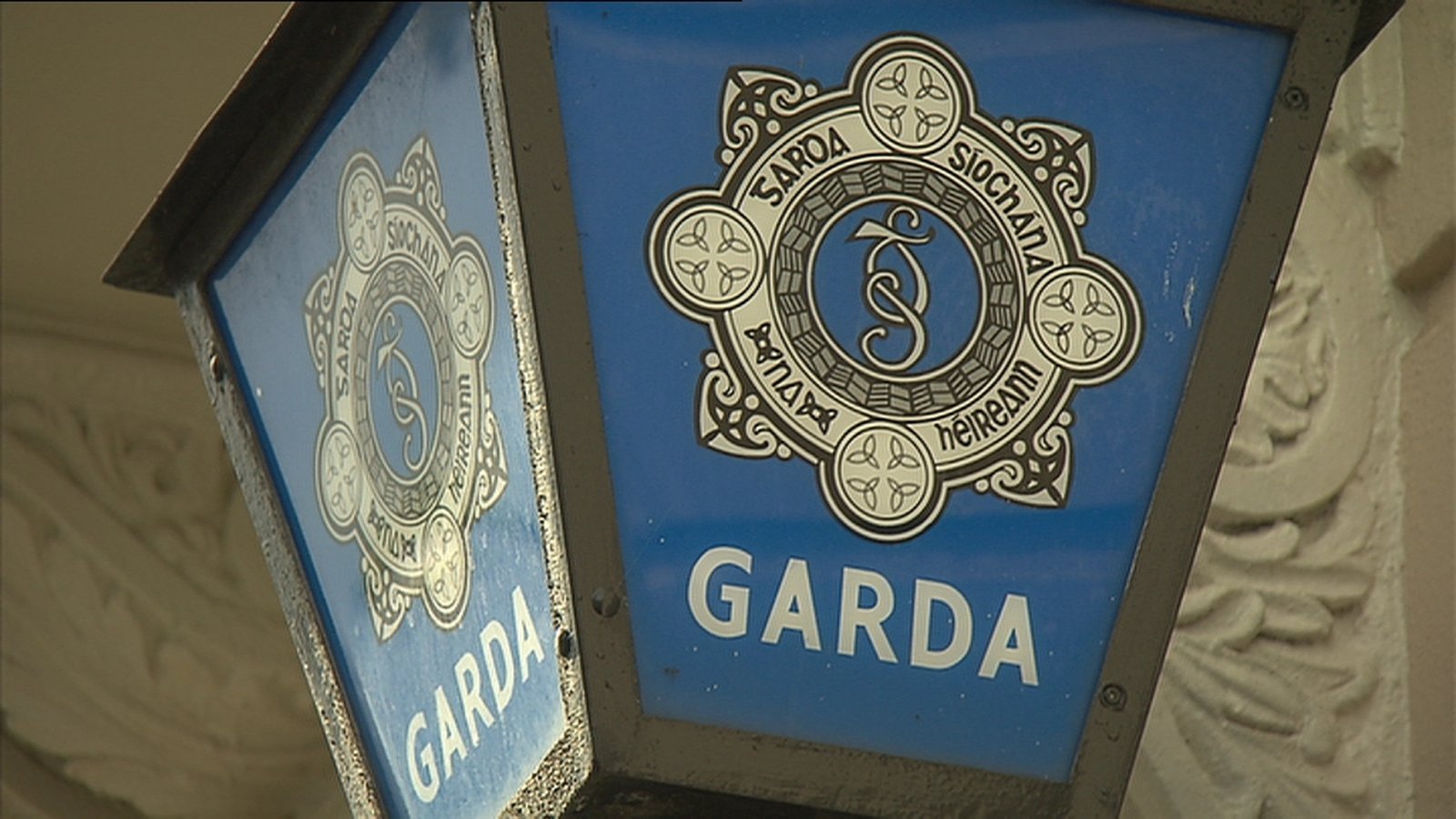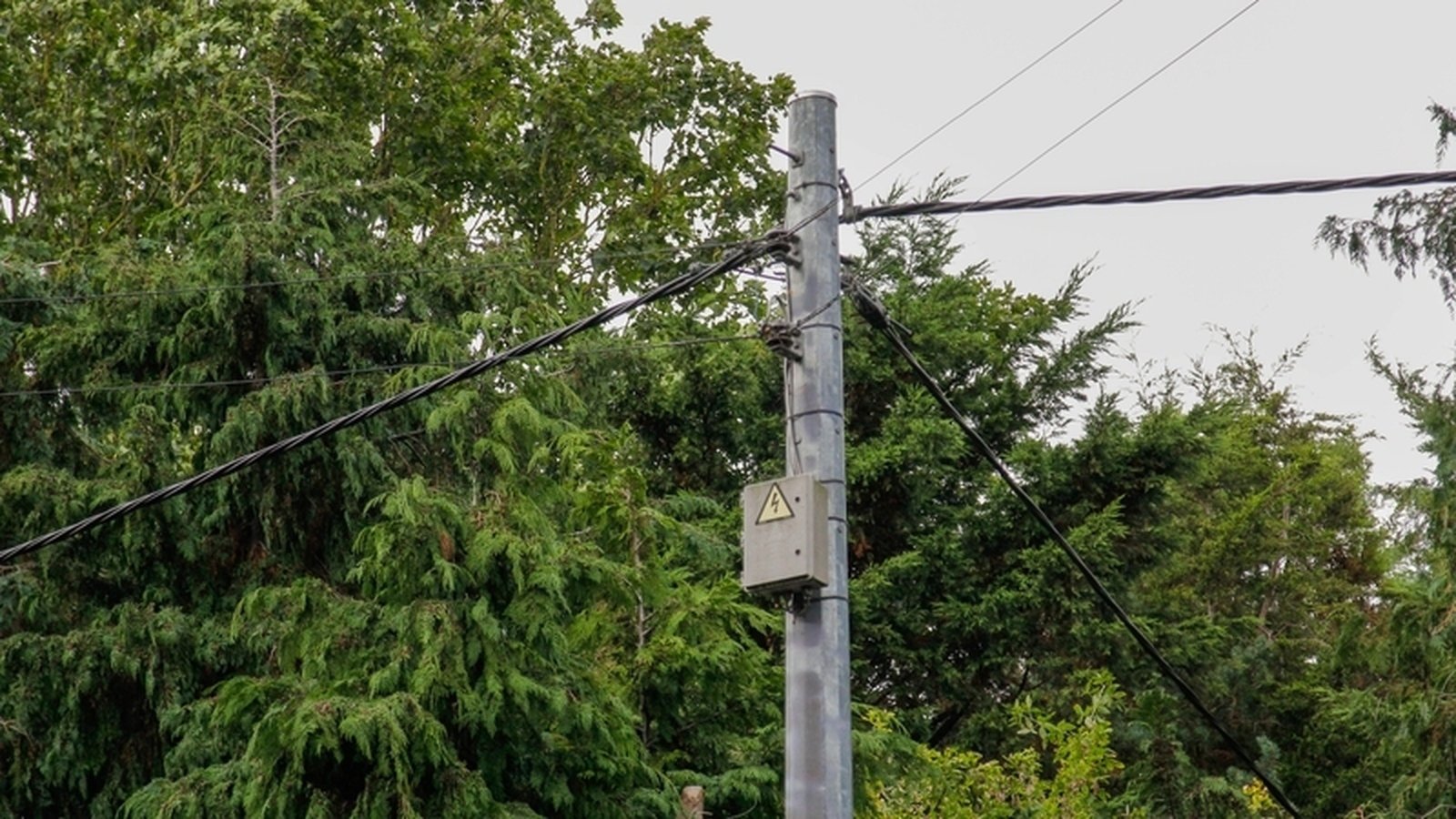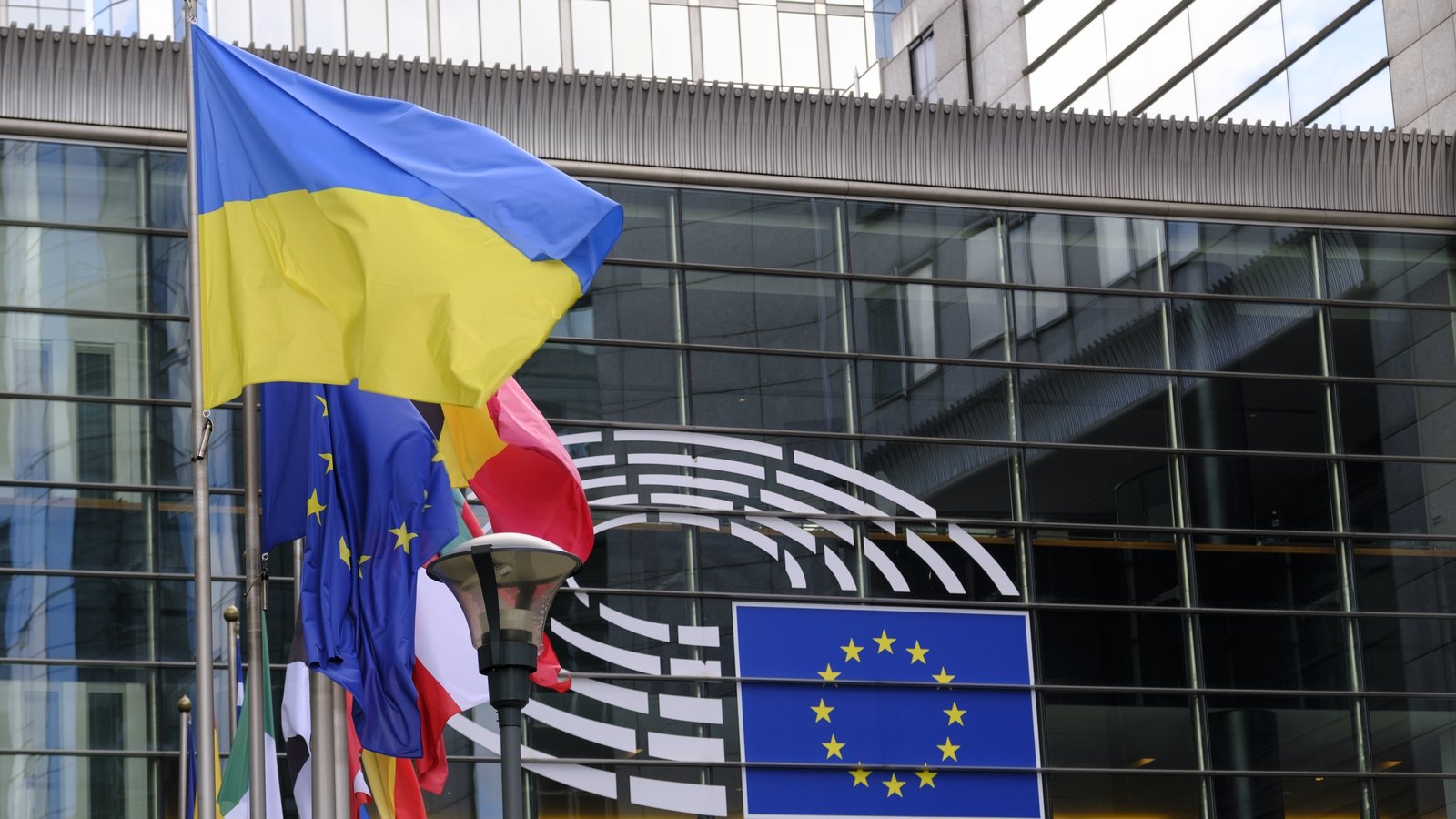New measures put in place to tackle shortage of GPs
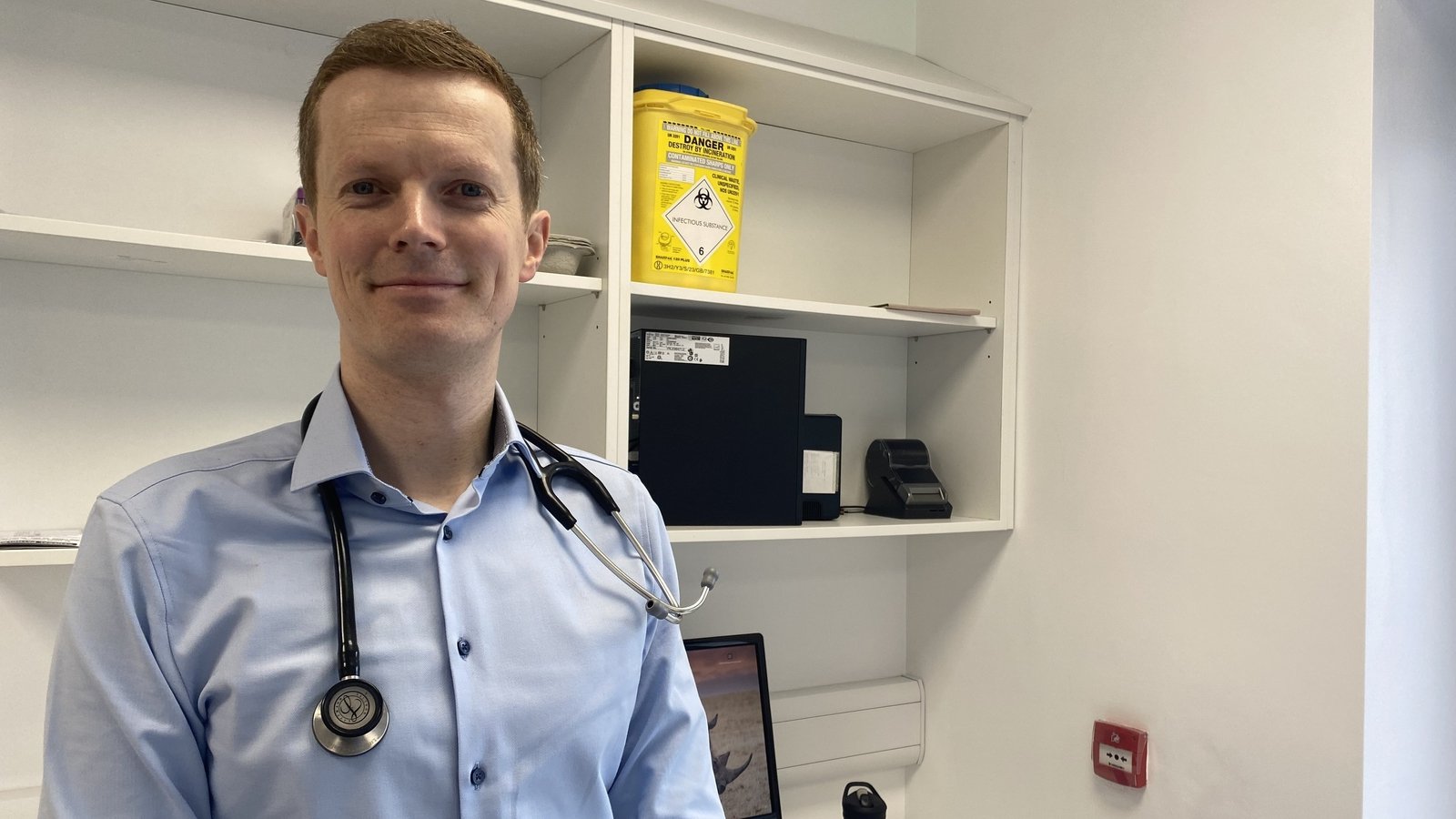
A number of measures are in place across the country to alleviate an ongoing shortage of general practitioners and boost the number of active GPs to keep in line with the growing population.
Recruitment has been an issue for practices for a number of years, particularly in areas outside of Dublin which may not be as attractive to young doctors, and there are constant warnings of overwork and burnout among existing practitioners with some medical centres forced to close their lists to new patients.
The number of GPs in active practice fell from 4,583 in 2019 to 4,420 in 2022 and while the drop is relatively small, at the same time the country’s population is expanding, which means the demand for doctors is always going to rise.
According to the Irish College of General Practitioners, there are “longstanding challenges” facing patients in securing timely access to a doctor, especially in rural areas.
ICGP regional training director, based in Kilkenny, Dr Ronan O’Connell, said the supply of GPs has had an effect on practice.
“Colleagues have found it really difficult to recruit new colleagues, particularly in rural areas and urban-deprived areas, and this is having a huge impact.
“There’s an increase in workload, GPs are working late into the evening, and they’re struggling to take any leave due to availability of locum cover,” he said.
The recommendation from the ICGP is for 12 GPs per 10,000 of the population and Ireland has seven.
Dr O’Connell said: “If we don’t have enough, ultimately that just has an impact on access, so while the vast majority of GPs are going to have availability for urgent, on-the-day issues, there are some situations where patients are going to need to wait a little bit longer for routine issues.
“There is also the issue where some practices aren’t in a position to safely take on new patients who are moving to an area, so it is providing a lot of challenges.
Meanwhile, the Health Service Executive has set up a task force on GP strategy.
“At Government level, we have been working very closely with the minister and they, and the support of the Department of Health and the HSE have been instrumental in us being able to deliver this expedited expansion.
“We had been going up by 10% a year, roughly and then just recognising the huge challenge. There have been ongoing discussions with the minister and his office to achieve that 22% increase this year, which is a massive piece of work,” according to Enniscorthy-based GP Dr Caroline Hogan of the Slaney Medical Centre.
Doctor shortages have a knock-on effect on patients and doctors.
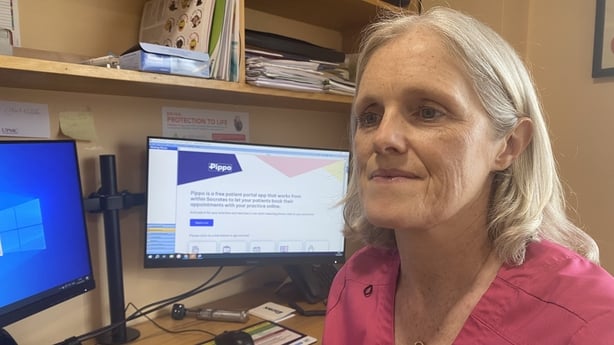
“The main measure to alleviate this is an expansion of training places for new GPs, with annual numbers of trainees doubling since 2017.
“This year there are 350 trainees coming into the programme in July, a 22% increase on last year. So it’s really an enormous impact,” Dr O’Connell said.
“We hope in a few years’ time to have 1,400 GP trainees on the programme at any one time,” he said.
Dr Hogan said: “Shortage in GPs means, for the doctor, for a start, increased workload and increased administrative burden.
“We’re working longer days than ever before and some doctors can’t get annual leave cover or maternity leave cover. That all leads to GP burnout and exacerbating the difficulties in GP recruitment.
“We know that timely access to general practice care, to your regular doctor, leads to better patient satisfaction, better patient outcomes, less ED [emergency department] attendances and less hospital visits.
“So many practices nowadays have their lists closed to new patients because we just cannot reach the demands that are required.”
“The third programme aimed at increasing GP numbers is the International Medical Graduate (IMG) scheme, which involves qualified and experienced doctors from overseas taking part in a two-year training course, here, at the end of which they become full-time general practitioners.
“That’s been hugely important,” Dr Hogan said.
“This is giving them an opportunity to work in general practice, to train in general practice and to improve their GP education and skills so they will then add to the GP talent pool in more rural and remote areas,” she said.
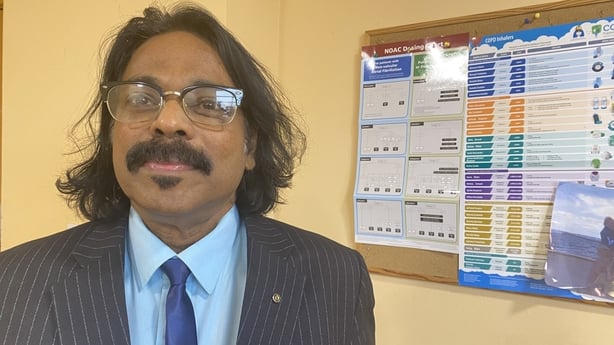
At the Slaney Medical Centre, Dr George Leslie Thomas, originally from India and with many years of experience as a doctor, is in the second year of the two-year IMG programme.
“I was really interested in the Irish health system and that’s why I moved to Ireland many years ago, and I’m part of the practice now,” he explained.
“They give me very good support and at the same time they provide seminars, training sessions, all these kinds of supports and they give me a good insight…When I came here to Ireland, I learned about general practice in Ireland and I’m so excited to be part of the Irish general practice health system.
“It’s more organised and I had to learn a load of things because I have vast experience of course and I’m very confident in treating my patients, but I got many, many opportunities and that’s why I’m more confident and more systematic,” said Dr Thomas.
According to the Government, the HSE and the Department of Health have been working closely with both the Irish Medical Organisation (IMO) and the ICGP in supporting investment in general practice.
This includes investing in more training places and supporting the IMG programme for recruitment of non-EU doctors.
“Funding has been provided in the 2024 budget to enable the HSE and the ICGP to implement this initiative at pace,” the HSE said in relation to expanded training.
In a statement, the Department of Health referred to the initiatives now in place such as increased training places and the IMG scheme, as well as the strategic review into general practice.
“The review, with input from key stakeholders, will examine the issues affecting general practice, including capacity issues, and will set out the measures necessary to provide for a more sustainable GP service into the future,” the department said.

